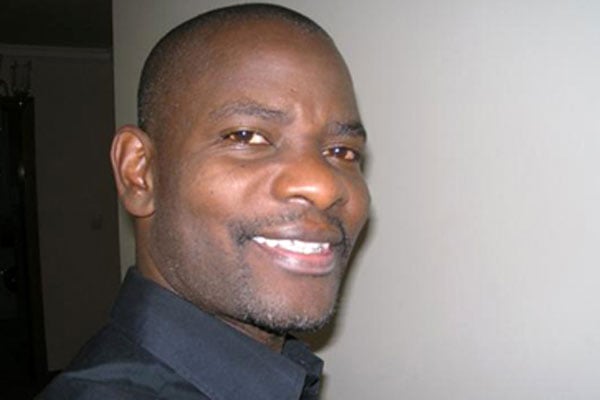Prime
Why smart killers in Uganda do not worry about police

Author: Musaazi Namiti. PHOTO/FILE
What you need to know:
- Police can act as a deterrent only if potential criminals have reason to fear them.
If you follow the work of the Uganda Police Force closely, you know that each time there is a high-profile murder in or near Kampala, the Criminal Intelligence and Investigations Directorate (CIID) promises to investigate the crime and bring the culprits to justice.
But if there is one empty word from the police that Ugandans are too familiar with, especially where high-profile murders are concerned, it is “investigate”. Ugandans laugh when they hear it — or throw their arms in the air, fully convinced that little or nothing will be done to apprehend the killers.
The police would be hard-pressed to name just five high-profile murders they have successfully investigated over the past 10 years. (I have singled out high-profile murders because murders of ordinary people are easily ignored.) When a prominent person is fatally shot, detectives are dispatched to the scene of crime, police spokesmen issue statements and/or address news conferences — and that is pretty much it.
A few newspaper reports about suspects who are in detention and are being interrogated may follow, but six months after the murder, you will hear nothing about the progress. When a whole year elapses and you have not seen anyone arraigned before court, it is safe to conclude the case died the death, as they say in the classics.
We have seen many such cases, and some involved individuals who worked in the police force or with the police to fight crime. Here are a few notable examples: AIGP Andrew Felix Kaweesi, killed in broad daylight in 2017; AIP Muhammed Kirumira, killed in 2018; Principal State Attorney Joan Kagezi, killed in 2015.
Then you have Maj Mohammed Kiggundu, killed in 2016; MP Ibrahim Abiriga, killed in 2018; and the near-fatal shooting of Gen Katumba Wamala, which, sadly, claimed his daughter and the driver.
The police can act as a deterrent only if potential criminals have reason to fear them. But criminals who have bumped off prominent and ordinary Ugandans stage daring, deadly assaults that leave no one in doubt that they are too smart to be pursued and caught by the police — or they are simply not bothered about the police.
In 1999, near where I lived, a man working for the Local Defence Unit was gunned down at dusk, and the killer fled, leaving locals looking at the body in shock and disbelief. The crime scene was less than three kilometres from Kibuye Police Station, but no police officer turned up that evening.
In 1997, a well-known rally driver named Gerald Kiddu was murdered at night in Bbunga on the outskirts of Kampala. Kiddu’s killers were never found. Then, as now, the police were corrupt — the Inspectorate of Government consistently ranks them as the most corrupt institution in Uganda.
Corruption, as a Daily Monitor article published in 2018 makes clear, is one of the reasons the CIID is not as effective as it should be.
Detectives interviewed for the article, which followed a string of high-profile murders, also blamed political interference, saying there are cases they deliberately bungle up on the orders of their bosses.
You can clearly see that if a powerful political figure is determined to murder someone, they will do so, secure in the knowledge that the police will not act.
This article is not trying to say that the police are doing nothing. But real reforms are required, and changing the way the police work will need a complete overhaul of the entire force. As to when that will be done, my short answer is: I do not know.
Musaazi Namiti is a journalist and former Al Jazeera digital editor in charge of the Africa desk
[email protected] @kazbuk



